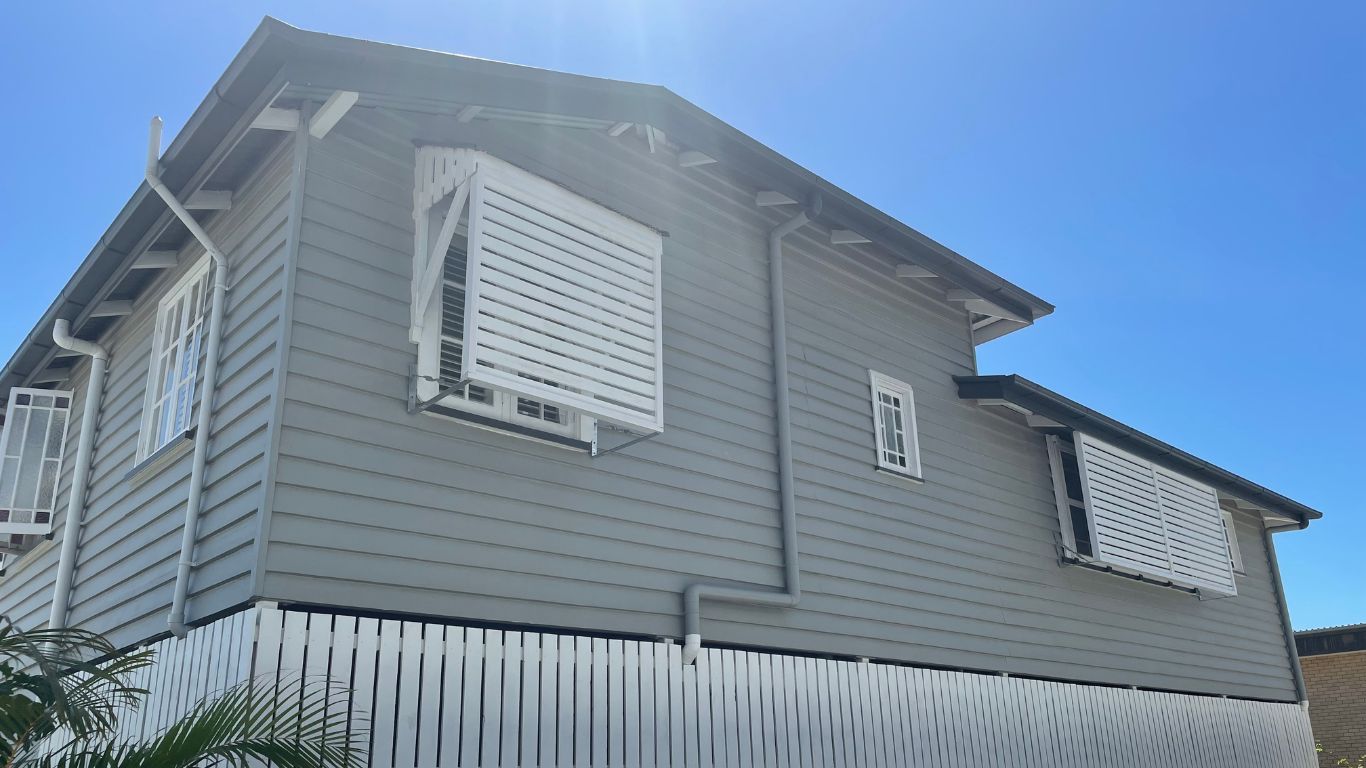Let's say you wish to construct a new house on an empty property. Technically, the use that would be created by this application would be a dwelling house. In this case, a town planner would have to submit an application for a Material Change of Use in order to convert the land from a vacant lot to a location for a new residence. In many instances, the use could be situated in a suitable location, like a city or estate. This typically signifies that the use won't have a substantial negative impact on the nearby homes or have a negative influence on the neighborhood as a whole.
Or perhaps that plot of land was in the center of an industrial complex. Because of the negative effects of the location's poor air quality and noise levels on the capacity of the home's future inhabitants to live comfortably, an urban planner may conclude that the location is inappropriate. By designating a specific zone, or zoning, to the land, Brisbane City Council town planners have frequently previously decided what uses are suitable for a location. Local government Brisbane City Council town planners zone the entire city, grouping similar uses together and dividing uses with greater impacts. This zoning map is highlighted in the screenshot of a Brisbane City Council interactive mapping (below) as an illustration.
Brisbane town planners must take into account a few more factors that are specific to our city. We will walk you through any design requirements for your site. Some design aspects, such sub-tropical design, are only relevant to particular types of development, like multiple residences (townhouses).
In conclusion, a Material Change of Use is when you apply for permission to use a site for a new or increasing purpose. This could be anything from a development of industrial warehouses to a home or daycare facility. Depending on the details of the use and the site, Brisbane City Council Town Planning may need you to submit an application.




